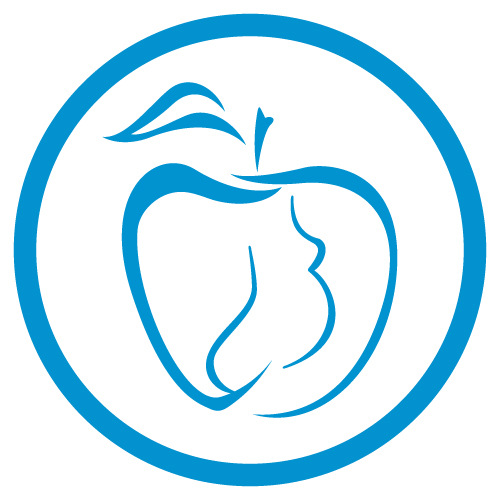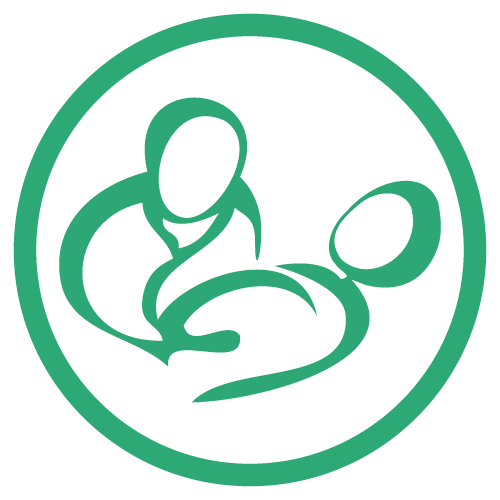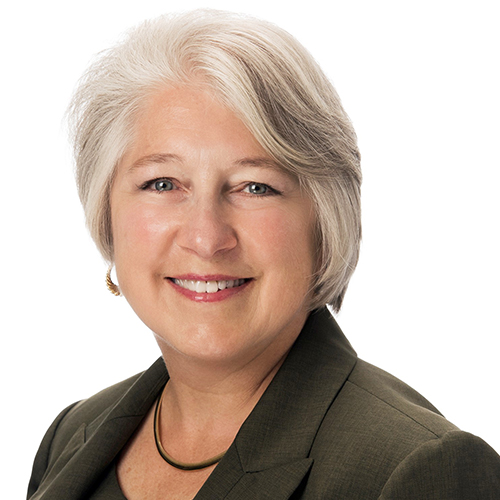

Lesley Everest has been practising as a birth, postpartum, and end-of-life doula in Montreal over the last 26 years. She is the founder of MotherWit Doula Care and MotherWit Doula Training. Lesley's professional background in many forms of somatic/emotional support therapies and inter-spiritual ministry informs her work as a teacher of human resilience , as do the births and parenting of her own four kids, and her experience of healing from cancer. She has learned over the years that a good birth and early parenting experience is less about goals being met and more about feeling safe and respected. Lesley believes that the journey into family-hood matters for all members, serving as a transformational event that has the power to shape early parenting and the next generations. Lesley's diplomatic and collaborative nature has made her a sought after speaker in the North American birth and parenting conference circuits, as well as a facilitator of workshops geared towards soft skills building for medical care providers. Lesley is resourced by long walks in nature, late night dancing with friends to ‘80’s music, and visits to the spa.
The CALM Communication workshop is designed to nourish practitioner skills that can support the nervous system co-regulation of the breast/chestfeeding parent/baby dyad, thereby enhancing the efficacy of information exchange at a vulnerable time.
When a parent is experiencing breast or chestfeeding difficulties, it can be emotionally distressing. This distress can be exacerbated by a history of trauma, a challenging birth/NICU experience, or a perinatal mood or anxiety disorder. Babies and their parent/s are learning contingent communication with each other, often in spite of uncomfortable challenges.
In the time lactation professionals spend with a new family, they have the opportunity to provide a stabilizing presence that may create reparative experiences for some of the stress-based breaches in the vital attachment mechanisms babies need to develop with their parent/s for optimal, life long health.
The art of information sharing is not only about the skilled assessments professionals make and the work done with infant feeding challenges, but also about how to create safe space for a client’s/patient’s truth to unfold in a supportive way.

View Details / Enroll
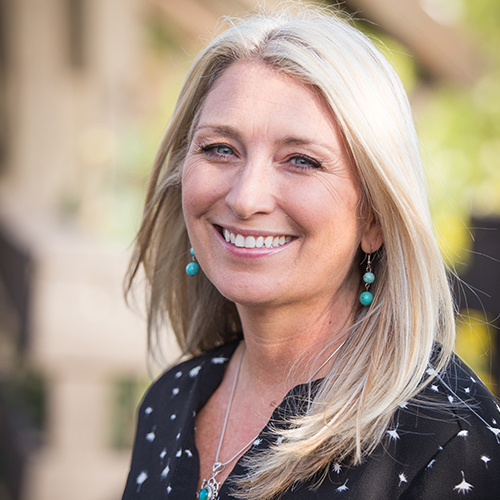
Can a Baby Be Allergic to Breastmilk?: Sensitivities, Allergies, Galactosemia, and Lactose Intolerance

Laurel Wilson, IBCLC, CLE, CCCE, CLD is a TEDx and international speaker, author, pregnancy and lactation expert, and consultant. She served as the Executive Director of Lactation Programs for CAPPA, the Childbirth and Postpartum Professional Association for 16 years and now is on the Senior Advisor Board. She served on the Board of Directors for the United States Breastfeeding Committee from 2016-2019. She also is on the Advisory Board for InJoy Health. She owns MotherJourney, focusing on training perinatal professionals on integrative and holistic information regarding pregnancy, childbirth, and breastfeeding. She has her degree in Maternal Child Health: Lactation Consulting and is an internationally board certified lactation consultant. As the co-author of two books, The Attachment Pregnancy and The Greatest Pregnancy Ever, original Editor of the CAPPA Lactation Educator Manual, and contributing author to Round the Circle: Doulas Talk About Themselves, she loves to blend today’s recent scientific findings with the mind/body/spirit wisdom. Laurel has been joyfully married to her husband for nearly three decades and has two wonderful grown sons, whose difficult births led her on a path towards helping emerging families create positive experiences. She believes that the journey into parenthood is a life-changing rite of passage that should be deeply honored and celebrated.
Topic: Epigenetics and Breastfeeding: The Potential Longterm Impact of Breastmilk - [View Abstract]
Topic: Hold the Phone! Diet Does Matter During Breastfeeding: Implication of Diet on Fatty Acid Composition and Other Nutrients - [View Abstract]
Topic: Postpartum Mood Disorders, Breastfeeding and the Epigenetic Links from Past Into Future - [View Abstract]
Topic: Talk To Me: How Breastmilk Acts as a Communication and Gene Expression Tool Between Mother and Child - [View Abstract]
Topic: The Milk Sharing Conundrum - The Grey Area Between Scope and Need - [View Abstract]
Topic: The Placenta and Breastmilk-Unraveling the Mysterious World of the Intelligent Organs that Protect our Babies - [View Abstract]
Topic: Understanding Zika and Lyme and Breastfeeding - [View Abstract]
Topic: Unraveling the Mysteries of Human Milk: The Fascinating Role of Neohormones, Epigenetics, the Microbiome and More! - [View Abstract]
Lactation professionals often hear from their clients that their breastfed babies have been diagnosed as lactose intolerance. This lack of understanding regarding types of lactose intolerance and potential issues with breastfeeding involving the newborn gut often lead to a cessation of breastfeeding. This session will cover the three main types of lactose intolerance, as well as galactosemia. Maternal gut damage and protein sensitivity and how that can impact the breastfed baby will also be addressed. Attendees will also learn about the most common foods that cause food sensitivity and allergy and what referrals are best made with these issues.
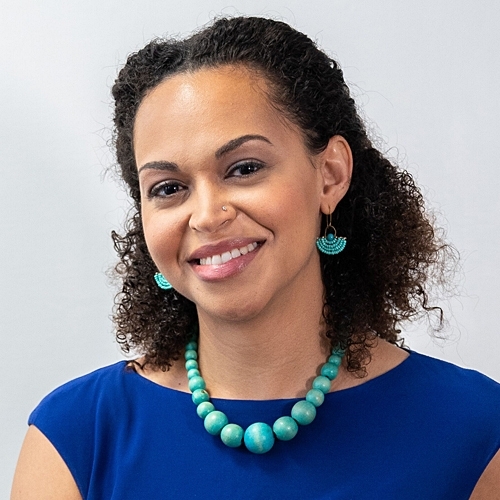
Can Broths and Baths Help the Baby Blues? Where Indigenous Wisdom Meets Functional Medicine

Ihotu Jennifer Ali, MPH, LMT, CLC (she/her) is a doula, public health educator, researcher, and integrative massage therapist specializing in myofascial release therapies including the Arvigo Techniques of Maya Abdominal Therapy®, Craniosacral Therapy, Prenatal, and Infant Massage as a Spinning Babies Aware Practitioner®. She is founder and owner of Black Moon Bodywork, LLC which offers massage therapy blended with health coaching in integrative and indigenous practices to support hormone balance, digestion, sexual and reproductive health, and reproductive justice.
Ihotu’s decade of experience in femme and family health includes years as a DONA certified birth doula and lactation counselor, prenatal yoga teacher and dancer, rape crisis counselor, Institute for Integrative Nutrition coach, and director of pre-conception health programs funded by the March of Dimes. She has collaborated with midwives and physicians in Haiti, Nigeria, Congo, and Morocco, and worked in health policy and research with the U.S. Congress, Clinton Foundation, United Nations Millennium Development Goals, and Columbia University’s School of Public Health. Raised between Minnesota, New York City, and West Africa with respect for both indigenous and evidence-based medicine, Ihotu strives to offer innovative care that is affordable, consent- and trauma-informed, gender fluid and ancestrally rooted. Her writing, public speaking, and coaching brings together emerging science in hormones and gut-brain health, functional medicine, Reproductive Justice and Afrofuturism movements. She offers an intercultural commentary on the busy modern lifestyles, social pressures, and unresolved trauma often at the root of today’s chronic health conditions.
Indigenous practices around pregnancy, birth and postpartum have become wildly popular, and some even controversial, from rebozo belly sifting and Bengkung binding to herbal massage oils and vaginal steams. This presentation will dive deeper to explore the theories and assumptions behind certain lineages of indigenous postpartum care (Traditional Chinese Medicine, Mayan and Nigerian), their analysis of the postpartum body as in a “cold state,” and common warming foods and practices. We will also look at the theories behind functional medicine and compare the two perspectives – both ancient and emerging science - in their common view of the postpartum body as being in a depleted state in need of nourishment.
Given the lack of standard postpartum care and the high rates of postpartum depression and mood disorders, a family-oriented and public health approach is proposed here, at the intersection of both indigenous and functional medicine. Both early research and generational wisdom suggest that integrative postpartum care focusing on regular warm broths and baths, anti-inflammatory foods, and nourishing the hormonal, digestive and circulatory systems can relieve new parents’ swelling, joint pain, constipation, hot flashes, energy and mood, especially for those with health conditions, after a difficult pregnancy, or a long or traumatic birth.
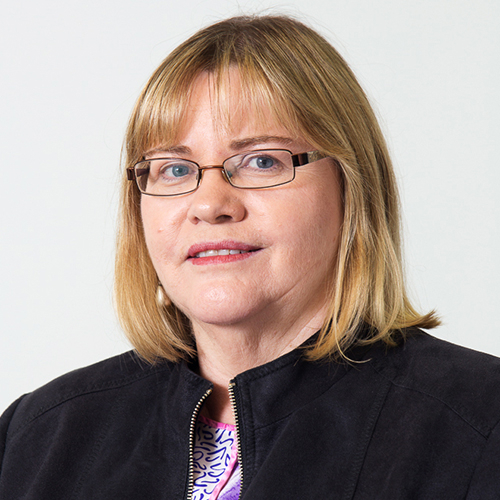
Cannabis Use During Lactation: Evidence-Based and Parent Centred Care
 Treasure McGuire,
PhD, BSc, BPharm, GradDipClinHospPharm Adv Prac Pharm, GCHEd, CertIVTAE, FACP, FPS
Treasure McGuire,
PhD, BSc, BPharm, GradDipClinHospPharm Adv Prac Pharm, GCHEd, CertIVTAE, FACP, FPS

Associate Professor Treasure McGuire is a clinical pharmacist, educator, and researcher. She holds two senior appointments in her hospital role (as Assistant Director of Pharmacy, Practice and Development, Mater Health Brisbane) with 1) Bond University Medical School (as Associate Professor of Pharmacology and 2) The University of Queensland School of Pharmacy (as Associate Professor, Clinical). She is passionate about improving the consumer voice and health outcomes for mothers and babies through the development and access to more effective and safer approaches towards medicines use.
Treasure’s research is translational and evidence-based, focusing on patient centred-care and quality use of medicines in women’s and newborn health, medicines information, medication safety and complementary medicines. She has published widely and authored the chapter on Safe use of drugs while breastfeeding In Brodribb W, ed. Breastfeeding management in Australia, 5th ed, Melbourne: Australian Breastfeeding Association, 2019. She is a regular invited speaker at national and international conferences, with over 60 keynote addresses. In recognition of her services to medicines information, she received the Lilly International Fellowship in Hospital Pharmacy. In 2015, she was the recipient of the Sr Eileen Pollard Medal (Mater Research-UQ) for excellence in incorporating research into clinical care provision.
 Treasure McGuire,
PhD, BSc, BPharm, GradDipClinHospPharm Adv Prac Pharm, GCHEd, CertIVTAE, FACP, FPS
Treasure McGuire,
PhD, BSc, BPharm, GradDipClinHospPharm Adv Prac Pharm, GCHEd, CertIVTAE, FACP, FPS
Cannabis is the most consumed psychoactive drug, with global estimated use approaching 200,000 million people. Legalization in different countries, together with apparent safety perception, has led to increased cannabis use by up to 5% of pregnant and breastfeeding women. This presents significant challenges for health professionals who promote breastfeeding. As central nervous system drugs need to be sufficiently lipophilic to pass the blood brain barrier, there will be extensive cannabis passage into lipophilic breast milk. Pre- and post-natal exposure is likely to impact not only on the mother but may also induce neurobiological alterations in the infant that persist beyond the first 1000 days of life. This presentation will take an evidence-based approach to outline the pharmacology, potential benefits, and risks of the main cannabinoids (THC and CBD) used in their various dose forms (ingested oils, topical gels or inhalation of buds by pipe or vaporizer). It will focus on the available evidence, potential consequences, and considerations when cannabis is used in lactation. Regardless of personal opinion, it is imperative that women feel comfortable to ask questions of their primary health care professionals about cannabis use or misuse while breastfeeding, to promote harm minimization.
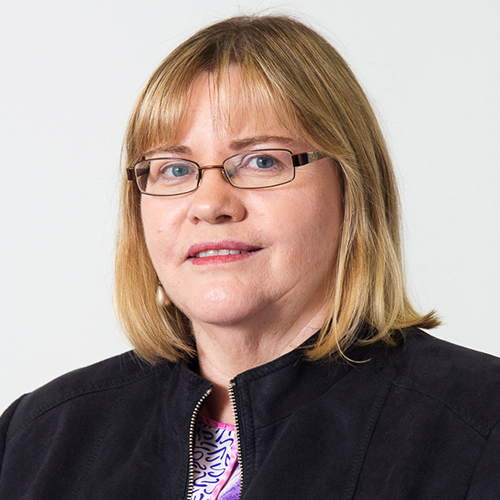
View Details / Enroll
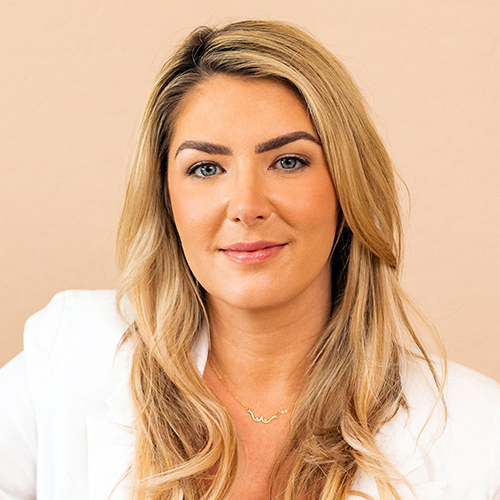

Jacqueline Kincer is the founder of Holistic Lactation where she runs a busy practice, manufacturers herbal supplements for lactation, and supports breastfeeding families worldwide. She's also the host of the podcast Breastfeeding Talk: Milk. Mindset. Motherhood. and creator of the online breastfeeding community, The Nurture Collective. Jacqueline's passion has been to create functional breastfeeding outcomes and expand access to lactation knowledge across the globe.
Topic: Inside the Infant Mouth: Oral Assessment & Function - [View Abstract]
Topic: Tongue Tied Untied: Creating Functional Breastfeeding Outcomes - [View Abstract]
Developing a step-by-step care plan is arguably the most important part of patient care. Without it, necessary treatments may be neglected. As lactation providers, it is our role to set proper expectations for our clients, as well as measure clinical improvement and patient outcomes. When working with infants that struggle with sucking or other oral function issues, there is a process and a timeline we can put together that will guide the care we are giving. In this presentation you will learn how to provide guidance to your clients as you help them work through their infant’s oral function challenges.

View Details / Enroll
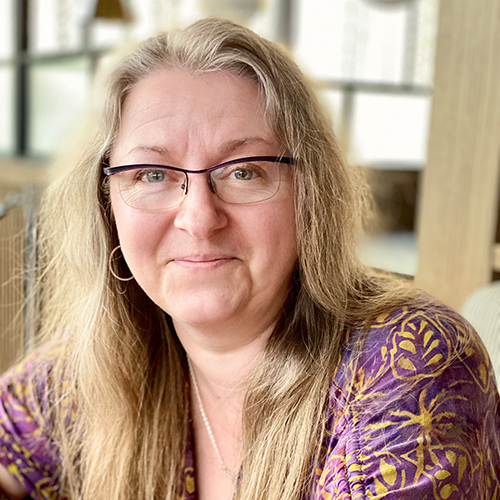
Care Plan Development for Weight Concerns in the Breastfed Infant: A Family Centred Approach

Shel works part time for the NHS in northwest England, and has four adolescents.
In addition to this, she runs a small private IBCLC practice specialising in the unsettled baby, those with faltering weight and those who are formula fed, and also holds a variety of consultant and trustee roles in various national and international organisations for advocacy and education around infant feeding; these include being Clinical Director for the breastfeeding support app AnyaHealth, being co-chair of Nursing Matters, an advocacy organisation for the breastfed infant, and being vice-chair of the UK Association for Milk Banking.
Shel has been on the development committee for 3 NICE guidelines including one on Faltering Growth, has co-authored 3 Cochrane systematic reviews, and written a book “Why Infant Formula Feeding Matters” (2022). In 2021 Shel began work towards a PhD in further understanding how best to support families with unsettled babies in universal services, which she conducts part time alongside her other commitments.
She teaches in person and online, both in her NHS role and in the consultant roles, and thoroughly enjoys sharing the knowledge she has acquired to improve the experience of families everywhere.
Understanding how to develop effective and supportive evidence-based care plans for babies whose weight and/or growth is faltering, is absolutely key to the toolkit of those who are working with breastfeeding babies. Find out more in this presentation.

View Details / Enroll
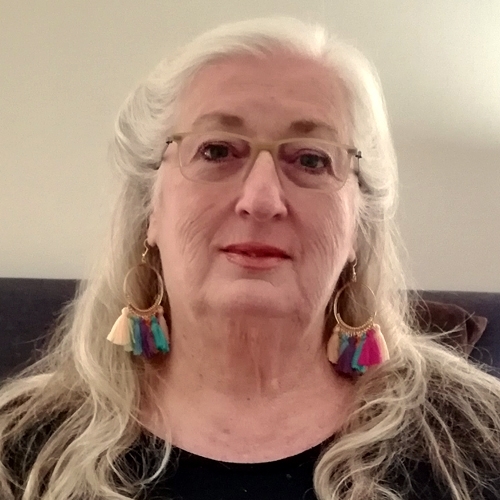

Denise Love is a dynamic international speaker and educator.
She is passionate about life and compelled to support women through their many transitions in life. With an ever developing interest in life and death, she walks the path with many around death, particularly women whose babies die, either in utero, at birth, or soon thereafter.
With a Masters degree in nursing, living and working in remote villages in Asian countries as well as Australia, she is determined that women and babies be treated respectfully within their cultural expectations.
As a childbirth educator and an instigator of the introduction and training of doulas in Australia 20 years ago, Denise identified the vital need for birthing women to ""find their voice"" and trust their ancient internal ability to birth their babies. This recognition was stimulated by the developed world's highly structured interventionist and medicalised birthing paradigms and seemingly inflexible protocols and practices. Birth matters and so does the way we all die. Combining direct language, ritual and acknowledgement of grief when a baby dies, Denise brings a refreshing attitude and approach.
In her early years, practising as a Registered Nurse in remote indigenous communities, Denise gained valuable insight into how to trust our innate ability to birth, live fully and die. Denise's view has since been further reinforced through her work with vulnerable marginalised villagers in developing countries, where death is accepted as just a normal part of living.
Death is an extraordinary “thing” in our society. Since the invention of modern medicine, death has become the enemy, the unexcepted, the unacceptable, something to fight against, and a failure. Notwithstanding the fact that death is the only known certainty in life, we are shocked and overly distressed about it. There seems to be a hierarchy in death, that children shouldn’t die. It isn’t too many years ago that a mother expected with her large family that she would “lose” 2-3 children. That is still my experience in developing countries. I bring with me balance of modern medicine working together with educated mothers, and traditional expectations and practices, to try and find that balance in our work.
I will be discussing a baby as meaning from the moment of conception through to first year of life. We will explore the concept that as health professionals how our own thoughts, feelings, fears and beliefs influence how we respond to a mother and her family. The behaviours and expectations of the people around her influence her grief path, therefore we need to be clear and conscious in our communication. Examine rituals and behaviours that can alleviate some of her devastation, relief or pain.
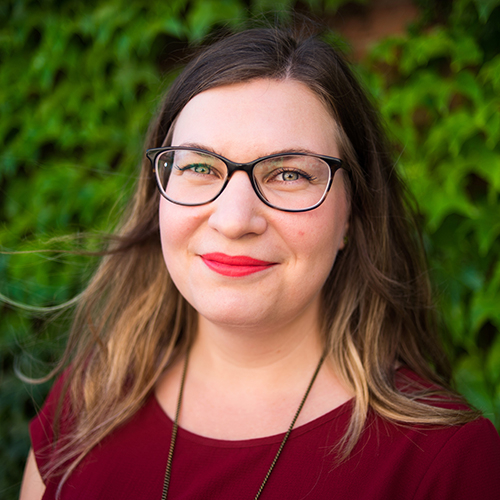

Dr. Lesley A. Tarasoff is a Canadian Institutes of Health Research-funded Postdoctoral Research Fellow in the Department of Health and Society at the University of Toronto Scarborough. She is a leading scholar on the perinatal health of women with disabilities; Dr. Tarasoff is a co-author of the first known clinical practice guidelines on labour, delivery, and postpartum care for people with physical disabilities (see Berndl et al., 2021, JOGC) and of several systematic reviews and studies on the perinatal health outcomes and care experiences of women with disabilities in Canada. Primarily drawing on qualitative methodologies, her broader program of research aims to understand and address disparities and inequities in reproductive, perinatal, and mental health and health care experienced by often-stigmatized and marginalized groups, namely women with disabilities and sexual minority women. She holds a PhD in Public Health Sciences, with a Specialization in Women’s Health, from the University of Toronto. She is an advocate of midwifery care and even more so after the birth of her son in 2021.
Women with physical, sensory, and intellectual/developmental disabilities experience significant social, health, and health care disparities. Recent data show that their pregnancy rates are increasing. However, little is known about the perinatal health outcomes and care experiences of women with disabilities. In this presentation, I will provide an overview of research concerning the perinatal health outcomes and care experiences of women with disabilities, specifically highlighting findings from a National Institutes of Health-funded study conducted in Ontario, Canada.
From population-based health records data, we found that women with disabilities experience higher rates of perinatal health complications than women without disabilities. From interviews with women with disabilities and health and social service providers, including midwives, we identified barriers to optimal perinatal care for women with disabilities, including failures to meet accessibility and communication needs, with particular gaps in care identified in the postpartum period. This presentation will conclude with a discussion of implications for midwifery practice, identifying ways in which the midwifery model of care may best address the challenges experienced by women with disabilities during pregnancy, delivery, and the postpartum period; these include longer appointment times, the ongoing process of informed consent, home visits, and extended support in the postpartum period.
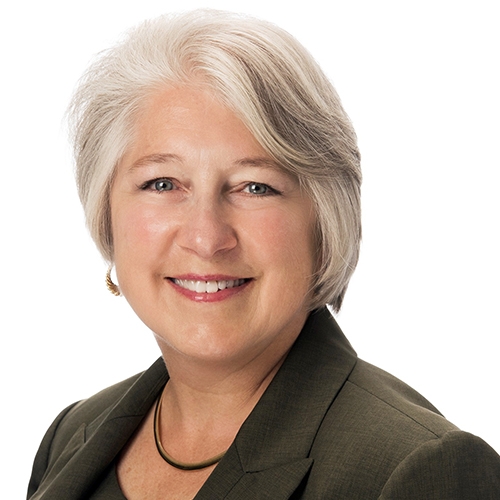
Caring for Three Generations at a Time: Clinical Perinatal Care of Individuals With Obesity

Cecilia Jevitt is the Midwifery Director and a tenured associate professor at the University of British Columbia, Faculty of Medicine. From 2013 to 2018, she directed the Yale School of Nursing’s Midwifery and Women’s Health Nurse Practitioner master’s degree programs. She has done capacity-building teaching and curriculum consultations in Switzerland, Laos, China and Ghana.
Jevitt studied midwifery at Emory University. Her 1993 doctorate in applied medical anthropology is from the University of South Florida. She established an academic division of midwifery with the University of South Florida College of Medicine while jointly appointed to the Colleges of Nursing and Public Health.
She is an elected Fellow of the American College of Nurse-Midwives and is the At Large Member of the FACNM Board. Jevitt was a Florida Nurses Association Great 100 Nurse in 2009, the 2010 Reviewer of the Year for the Journal of Midwifery & Women’s Health, the University of South Florida Department of Anthropology’s Distinguished Alumni in 2012, and a 2014 Connecticut Nightingale Excellence in Nursing Award winner.
Jevitt’s scholarship focuses on perinatal weight gain optimization and integrating obesity prevention and management into women’s health especially the perinatal and lactation periods.
Obesity affects more than 35% of women ages 20-39 in the United States. This presentation will summarize recent research that reconceptualizes obesity as adipose disease associated with smoking; socio-economic disparities in employment, education, health care access, food quality and availability; and environmental toxins, ultimately altering microbiomes and epigenetics. Obesity is an adaptation to an unhealthy environment more than poor individual eating choices. The female fetus forms her lifetime complement of ova during pregnancy; therefore, the effects of obesity may affect three generations in one pregnancy.
Individual prenatal care of women with obesity includes early testing for diabetes, counseling on epigenetic diets, advice supporting weight gain within national guidelines, and vigilance for signs of hypertensive disorders of pregnancy. Intrapartum care includes mechanical cervical ripening measures, patience with prolonged labor and uterotonic medication readiness in the event of postpartum hemorrhage. Postpartum care includes thrombus risk amelioration through early ambulation, use of compression stockings and anticoagulation. Delays in lactogenesis II can be offset by measures to support early breastfeeding. Sociopolitical actions for midwives at national, state and community levels to reduce population disparities in racism, education, employment; reduce pollution from obesogenic chemicals and improvement of food quality and distribution policies will be reviewed.

View Details / Enroll
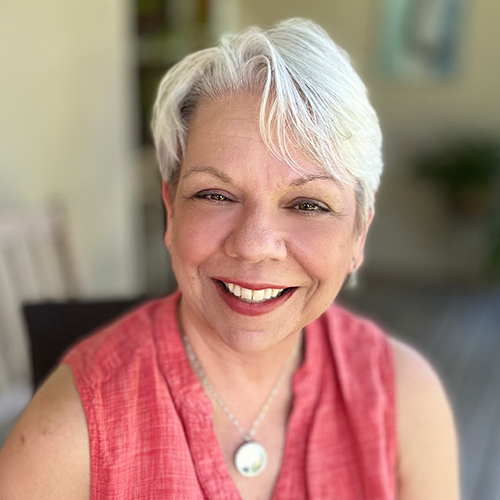

Mary Ryngaert is a Pediatric Nurse Practitioner since 1987 and an International Board-Certified Lactation Consultant since 2000. She received her MSN in the Primary Care of Children at Catholic University in Washington, DC. In her clinic at the University of Florida, she sees families for breastfeeding issues for the duration of the breastfeeding journey and provides education for pediatric residents. She is active in the local breastfeeding coalition and serves as a consultant/coordinator for the hospital Baby Friendly program. She has a special interest in supporting the development of peer counselors, especially women of color, to provide breastfeeding support within the community. She served as the Chair for the National Association of Pediatric Nurse Practitioners (NAPNAP) Breastfeeding Special Interest Group for six years and is a delegate to the US Breastfeeding Committee for NAPNAP . She was a co-author for the 2018 update to the NAPNAP Position Statement on Breastfeeding.

View Details / Enroll




